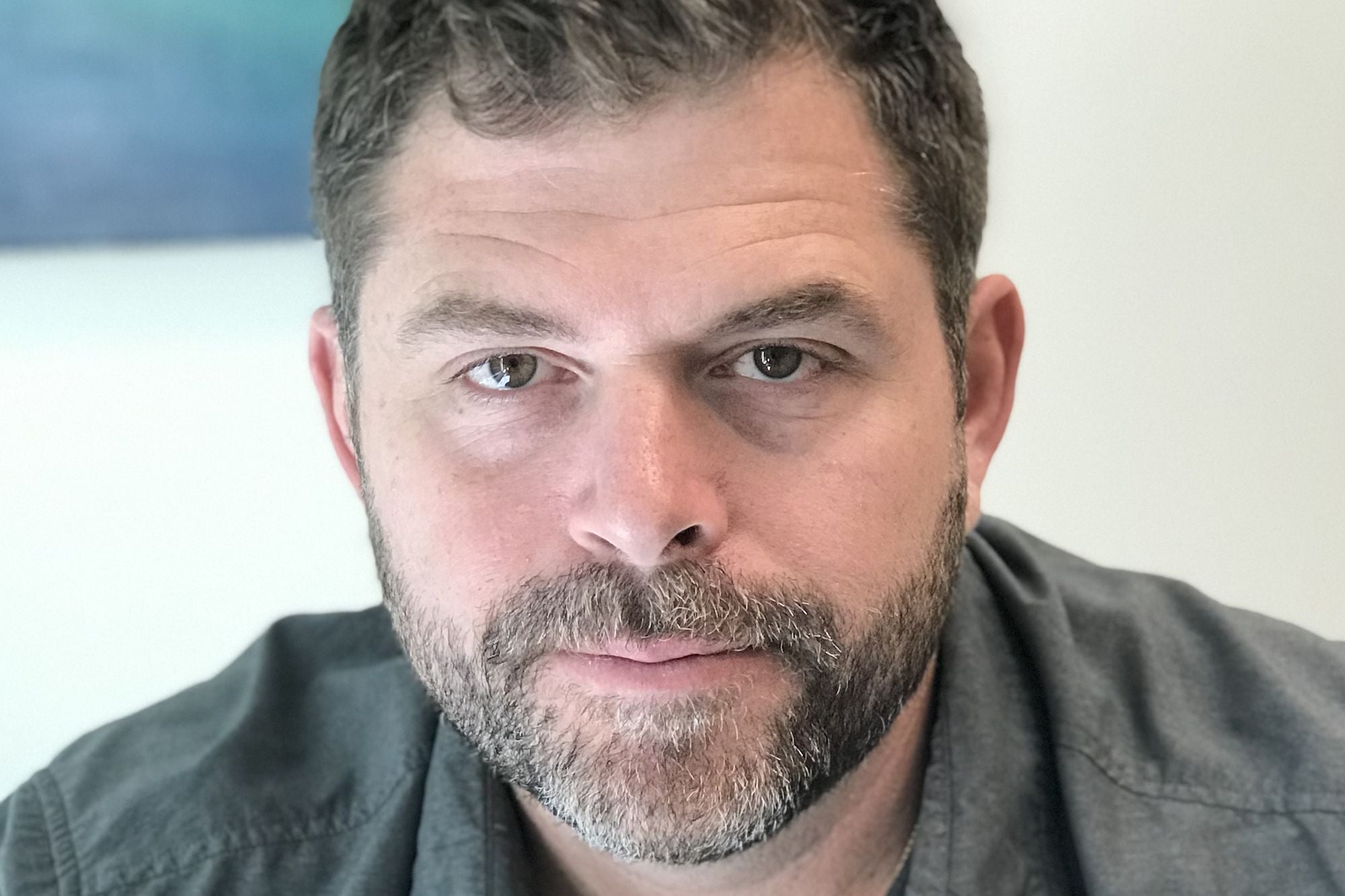The Emotional Moment That Sparked a Winning Business Idea for This Entrepreneur Everence co-founder and CEO Patrick Duffy details the growth of his tattoo and jewelry business from idea to final product.
By Dan Bova

One of the most important questions that entrepreneurs need to ask themselves is this: Does my product solve a problem or fill a need for customers?
Patrick Duffy saw a need -- an emotional one -- when he was working with wounded veterans and the families of fallen heroes. These people had a need to remember their loved ones and hold them close, and during a Scuba expedition, he saw a memorial tattoo on leg of a Gold Star mother and it sparked an idea: What if the ink in those tattoos were infused with the DNA of the person being remembered?
Related: How to Come Up With Startup Business Ideas in the Digital Era
From that moment the concept for Everence was born. Described by Duffy, who serves as the company's CEO, "Everence is a technology that allows you to safely keep the most unique part of a loved one or experience close to you."
It might sound a little strange at first, but people from all walks of life have used the service, including firefighters, dog owners and professional athletes. And now, for the more needle-adverse customers, Everence has expanded its line to include DNA-infused jewelry.
We spoke with Duffy and Philip Montalto, CEO of R&D Manufacturing, who creates the jewelry for Everence, about the process of turning an idea into reality, and then iterating on that product to expand your client base.
How to recognize a great business idea
Patrick Duffy: I started a nonprofit foundation with my dad about 12 years ago teaching scuba diving to wounded soldiers down at the Walter Reed Medical Center in Bethesda. I saw this tattoo on the leg of a mom we were working with, and I got the idea: What if you could somehow turn a tattoo or a piece of jewelry into an actual vessel to carry someone physically with you?
Getting your idea off the ground
Patrick Duffy: I have no scientific training, so I needed to find the right people to help me do this. I sent out over 250 e-mails and not a single person responded. So I switched up my tactic and I stopped going direct. I started using a law firm that represented biotech and research companies. They connected me with Edith Mathiowitz, Ph.D. at Brown and once she was on board, the scientific community opened up to us.
Getting it right
Patrick Duffy: We put a team of some of the best scientists in the world together from Brown, Duke and Cornell and came up with a safe way to enclose DNA or hair or ash from a loved one or a pet in medical-grade material that can then be mixed with tattoo ink that goes inside in the dermis, or put inside an aerospace material that we use in the case of the jewelry. About 20 of us -- friends and tattoo artists -- volunteered to get safety testing done down at Duke. We had to get Everance tattoos, have them stay in the body for a certain amount of time and then be excised and analyzed. I was the first person to ever get any of the testing done.
Related: 20 Business Ideas You Can Start With Less Than $10,000
Finding customers
Patrick Duffy: We have used influencers who might not have the widest reach, but they have "deep reach" as subject matter experts. And then for sure, we've done paid social and paid search. Facebook and Instagram are great, because you can iterate quickly when you see things working or not working. The customer base was wider than I had thought in the beginning. I've spent probably eight hours in different Major League Baseball stadiums with players who have gotten Everence either from blades of grass at their stadium or from their family and kids. I've spent time with Congressional Medal of Honor recipients. We've done Everence tattoos for people who lost a beloved dog. It really has run the gamut.
Getting help
Patrick Duffy: Chris Riccobono, who started UNTUCKit, really helped me a lot. He was very generous about sharing what he has learned over the years. So that would be my first piece of advice for anyone trying to get smart fast about a business, is to learn from somebody else's failures and successes and find a mentor who can steer you in the right direction.
Related: 9 Low-Cost Business Ideas for Animal Lovers
Connecting with established experts
Philip Montalto: Here at R&D Manufacturing, we're a work contract manufacturer, and we run an incubator program for new brands and development projects in the jewelry and accessories arena. Basically, we are the manufacturer for brands that don't maintain their own production facilities. Sometimes someone has an idea, and they go out and spend money on artists or designers and come to us with drawings of what would really be a great art piece, but not practical through conventional methods or even unconventional methods to replicate as a line. Patrick and his team came to us with a product and a design in mind, and they had done their homework, so it was a fairly seamless process for going from concept to product.











